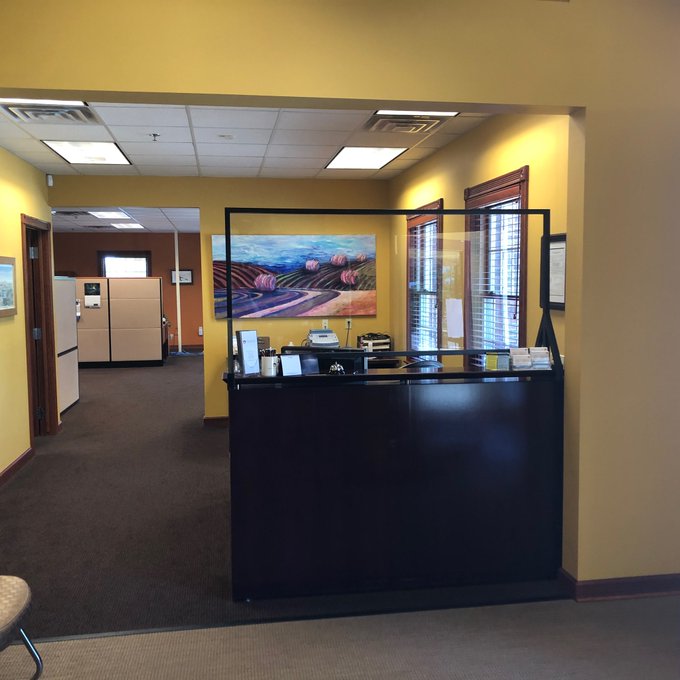
Barriers designed to stop the spread of COVID-19 are popping up in stores, restaurants and offices. These barriers may also protect employees from violence.
A 2012 study by the Indiana Department of Labor showed that bullet proof glass was effective in protecting convenience store clerks from violence. The study also showed that barriers discouraged violence by preventing criminals from climbing or jumping over counters.
Even before COVID-19 retail and service employers were taking measures to protect employees against violence. Hy-Vee, a major Midwestern grocery chain, ended 24-hour operations this year before the COVID pandemic. That move likely protected employees from violence. Last year, I wrote about a local bank that started to restrict entry and another bank that put up barriers to protect tellers.
Companies took these measures before the term “essential worker” entered widespread usage and applied to retail employees. One silver lining to the COVID crisis is the newfound respect gained by retail, delivery, warehouse and other service employees like fast food workers.
The rise of the essential worker
This newfound respect could translate into newfound political clout. Many states have proposed laws giving workers a presumption of compensability for COVID-related claims under workers’ compensation laws. Some states have included retail employees within those presumptions.
Federally, Rep. Carolyn Maloney (D-N.Y.) introduced the Pandemic Heroes Compensation Act of 2020. Modeled after the September 11th Victim Compensation Fund, the bill would allow essential employees or their families to claim compensation for injuries related to COVID. This fund would either supplement or provide an alternative to state workers’ compensation laws.
I believe this a semi-revolutionary development. Pre-COVID, first responders like police and firefighters held a privileged status within workers’ compensation laws. For example, in many states firefighters get a presumption of compensability for heart attacks. For non-firefighters looking to have an on the job heart attack covered by workers’ compensation, there is a higher standard of proof than a regular workers’ compensation injury.
First responders, in Nebraska and in many other states, can receive “mental-mental” workers’ compensation benefits. Mental-mental injuries are mental injuries without a physical injury. All other workers need to show some physical injury to have mental trauma from a workplace incident covered by workers’ compensation.
I believe politics explains why first responders have more protections under Nebraska workers’ compensation law. Politicians want support from first responders. First responders also have enormous political muscle through their unions. Most retail workers, at least in Nebraska, aren’t represented by unions. Some management-side attorneys worry, for good reason, that more employees may form unions in the wake of the pandemic. Labor organizing among retail employees could be necessary to translate goodwill from the public into improvements in working conditions.

